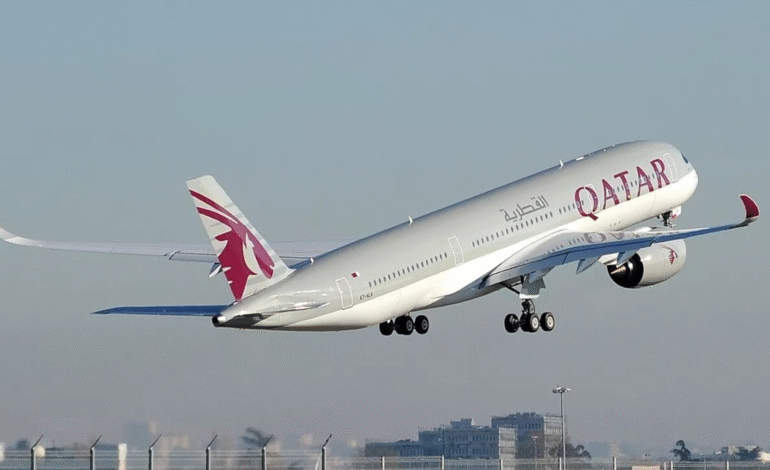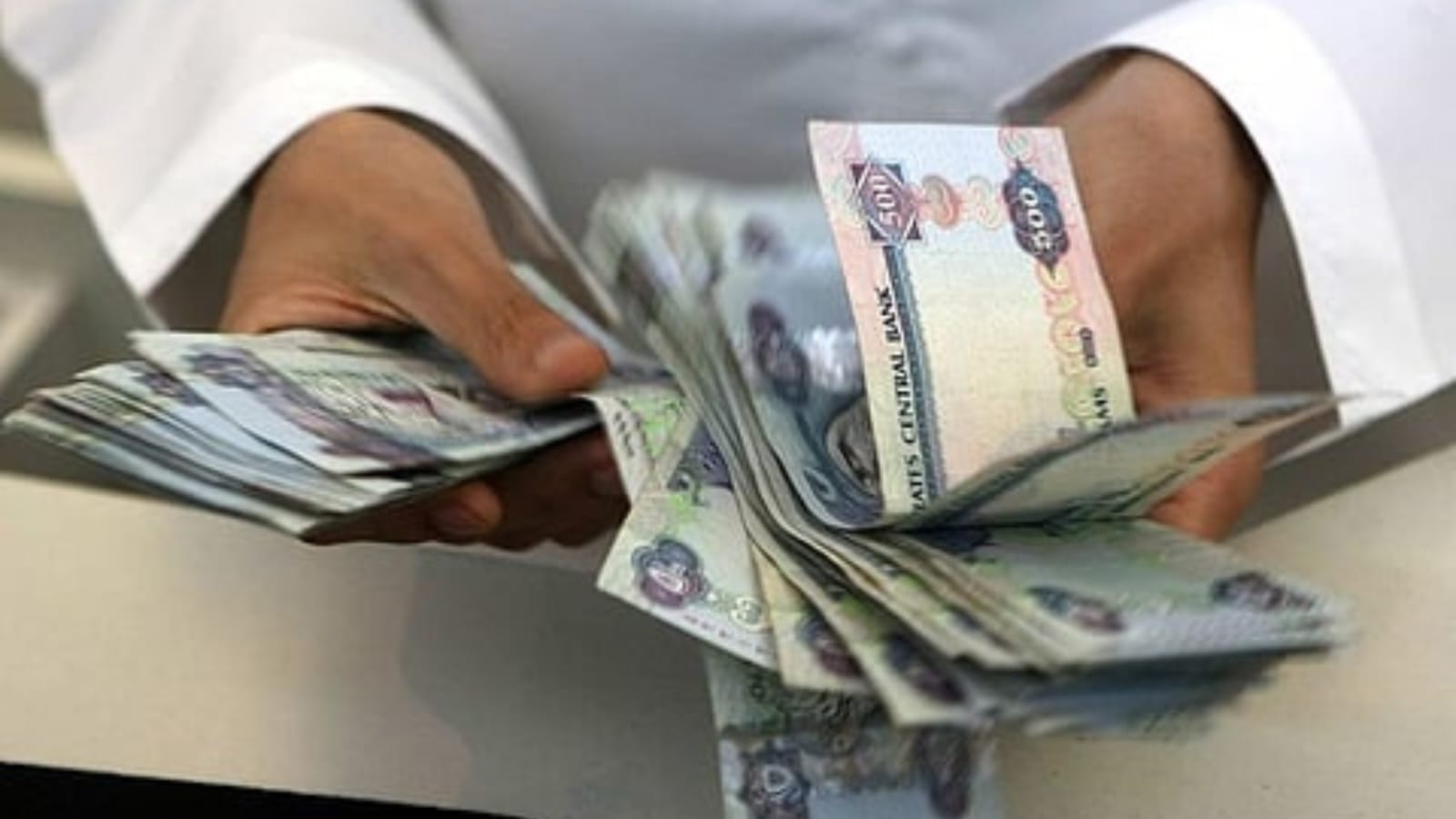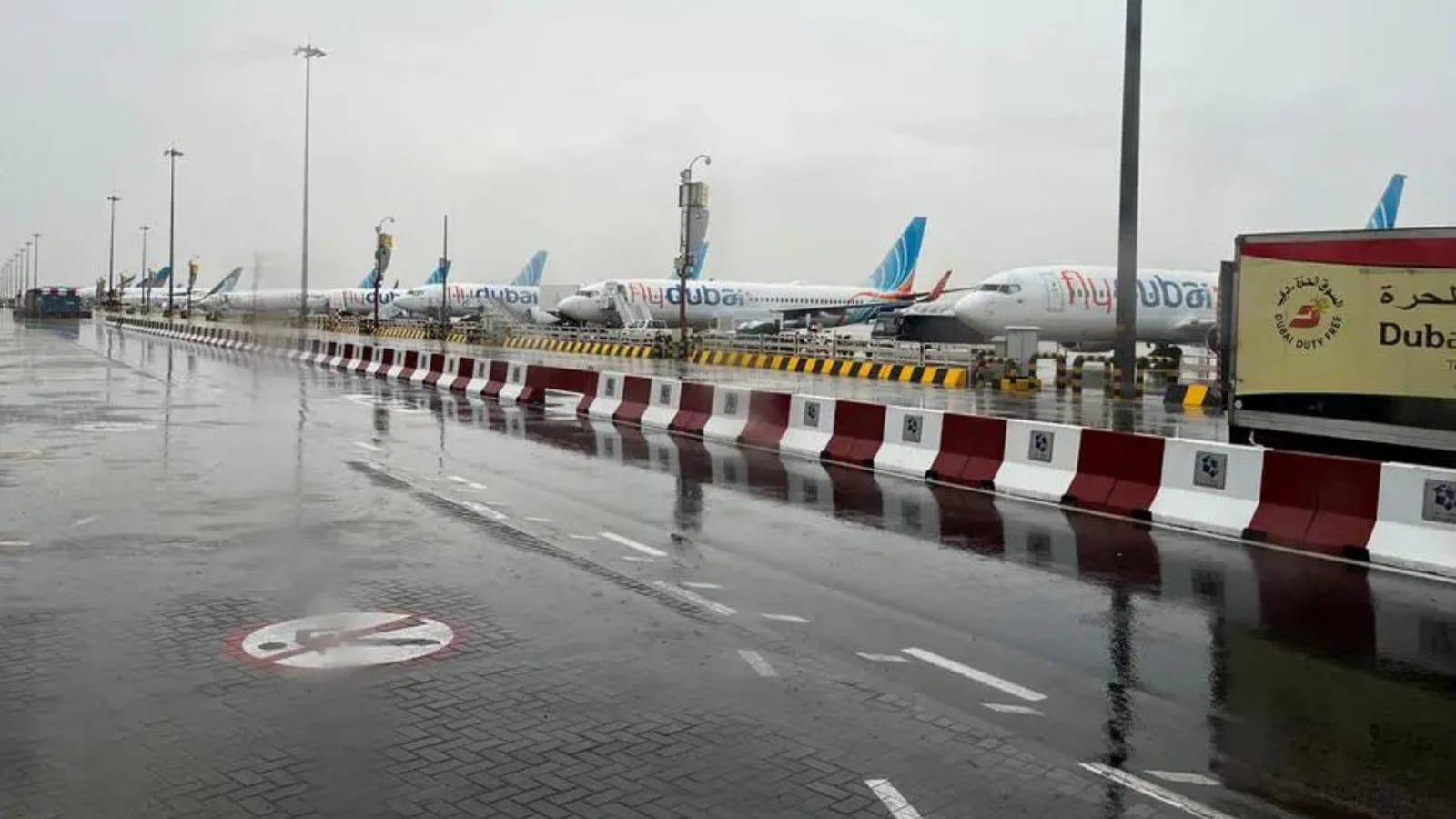Air Arabia Relaunches Sharjah–Damascus Flights

Air Arabia, the leading low-cost carrier headquartered in Sharjah, has officially announced the resumption of its direct flight service between Sharjah International Airport and Damascus International Airport. Effective July 10, the airline will operate a double-daily non-stop route, reinstating a crucial air link that has been dormant for more than a decade due to the conflict in Syria. This significant development reflects Air Arabia’s commitment to regional connectivity, addressing a long-standing demand for direct travel between the United Arab Emirates and Syria.
The resumption of these flights also follows the UAE’s decision to re-establish commercial aviation ties with Syria earlier this year. With this strategic step, Air Arabia becomes one of the first regional airlines to resume services on the route, enhancing mobility, tourism, and trade prospects across borders.
Strategic Reconnection Between Sharjah and Damascus
The Sharjah to Damascus air corridor has been of historic importance, particularly for the large Syrian expatriate population residing in the UAE. The reactivation of this route reinforces Air Arabia’s long-term vision of connecting key regional cities and catering to underserved travel markets. With operations restarting on July 10, the airline’s twice-daily service offers increased flexibility and convenience to passengers traveling between the UAE and Syria.
This reconnection comes at a time when both countries are exploring renewed diplomatic and economic engagement. It underscores how aviation can serve as a vehicle for rebuilding ties, improving access, and fostering cultural and economic exchange. Air Arabia’s decision to offer this high-frequency schedule highlights its confidence in the route’s long-term viability and its responsiveness to passenger needs.
A Decade-Long Suspension Finally Lifted
Commercial air travel between the UAE and Syria had been suspended for over ten years due to the ongoing civil war in Syria. Damascus International Airport, once a major gateway in the region, saw a sharp decline in international services during the conflict. While humanitarian efforts and limited government flights continued, regular passenger services were halted across the board.
Earlier this year, the UAE’s General Civil Aviation Authority (GCAA) announced the resumption of air connectivity between the two nations, opening the door for airlines to re-enter the Syrian market. Air Arabia, which briefly reestablished limited operations to Damascus earlier this year, has now confirmed its full return to the route with this double-daily offering.
This move is widely seen as a milestone in re-establishing trust and normalcy in the travel sector, especially for communities and businesses that have been separated for over a decade.
Operational Details and Aircraft Deployment
Starting from July 10, Air Arabia will operate two non-stop flights daily between Sharjah and Damascus. The airline will utilize its modern Airbus A320 and A321 aircraft for the route, depending on passenger demand. These aircraft are known for their fuel efficiency, cost-effectiveness, and comfort, making them ideal for short-haul regional routes.
With this schedule, travelers can enjoy flexible timing options, allowing them to plan day trips, weekend visits, or long-term stays. The route will also serve transit passengers using Sharjah as a connection point to destinations across the Middle East, Africa, and Asia.
This operational strategy reflects Air Arabia’s ongoing effort to provide accessible, affordable, and high-quality air travel while optimizing its network performance. The use of double-daily flights reinforces the airline’s confidence in the route’s strong potential.
Supporting the Syrian Diaspora in the Gulf
The resumption of direct flights between Sharjah and Damascus is especially meaningful for the Syrian diaspora living across the UAE and the wider Gulf Cooperation Council (GCC) region. Over the past ten years, these communities have faced significant challenges traveling home, often resorting to lengthy and costly multi-stop itineraries to reach Syria.
Air Arabia’s direct connection now provides a reliable and convenient option for family visits, business engagements, and cultural travel. The airline’s Group CEO, Adel Al Ali, acknowledged the importance of the route for the Syrian population, noting that the growing travel demand between the two countries made it imperative to reintroduce this service.
Boosting Trade, Tourism, and Regional Engagement
Beyond personal travel, the resumption of Air Arabia’s Sharjah-Damascus service opens doors to renewed trade, tourism, and bilateral cooperation. Syria’s economy, while still in recovery mode, is gradually reopening to foreign investment and regional trade partnerships. Direct air access can expedite business travel, support reconstruction efforts, and facilitate cargo movement between the two nations.
For tourism, Damascus remains one of the oldest continuously inhabited cities in the world. Despite ongoing challenges, there is increasing interest from cultural tourists, historians, and those with roots in the region. A reliable flight connection encourages safe and regulated travel to and from Syria, potentially contributing to the long-term revival of its tourism sector.
Sharjah, known for its cultural institutions, academic centers, and growing economy, also benefits from this connectivity. Improved access between the two cities allows for cross-border exchange in education, the arts, and commercial ventures, thereby strengthening people-to-people and business-to-business ties.
Air Arabia’s Role in Regional Aviation Leadership
As a pioneer in low-cost air travel across the Middle East, Air Arabia has consistently expanded its network to serve emerging and re-emerging markets. The carrier’s return to Damascus is a testament to its leadership in regional aviation and its commitment to connecting cities that many other airlines have yet to re-enter.
Sharjah International Airport, Air Arabia’s main hub, continues to grow in importance as a gateway to the Levant and beyond. With new routes being added and older ones being revived, the airport strengthens its position as a competitive alternative to larger hubs in Dubai and Abu Dhabi.
A New Chapter for UAE-Syria Relations
The return of commercial flights between Sharjah and Damascus reflects a broader trend of thawing diplomatic and economic relations between the UAE and Syria. While the political context remains complex, steps such as resuming air connectivity demonstrate a willingness to re-engage on practical and humanitarian levels.
Air Arabia’s decision to lead this initiative aligns with the UAE’s evolving foreign policy and regional diplomacy. The airline’s resumption of service symbolizes a renewed commitment to stability, cooperation, and mutual growth, particularly in sectors like transportation, tourism, and trade.
As the inaugural flights begin on July 10, this air corridor becomes a symbol of re-establishment—not just of aviation services, but of dialogue, development, and shared futures between two nations long separated by conflict.








1 Comment
[…] a bold move set to redefine transportation and global connectivity, the United Arab Emirates has unveiled visionary plans for the world’s first underwater bullet train connecting Dubai and […]
Comments are closed.